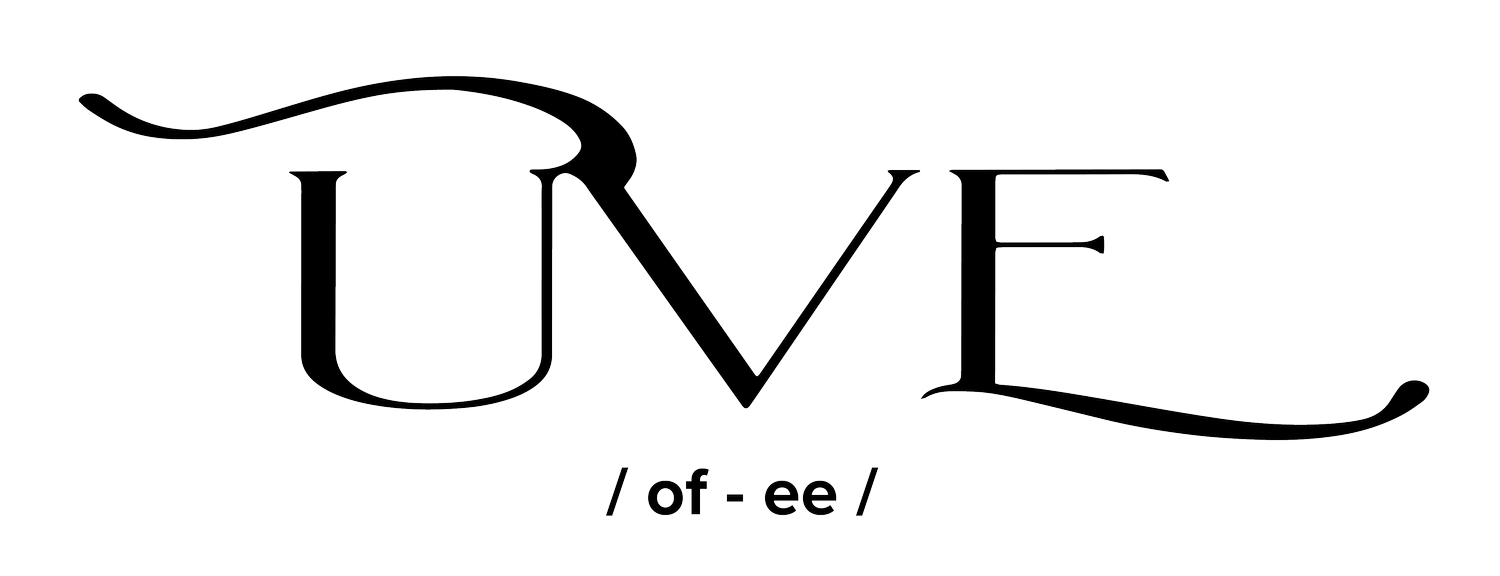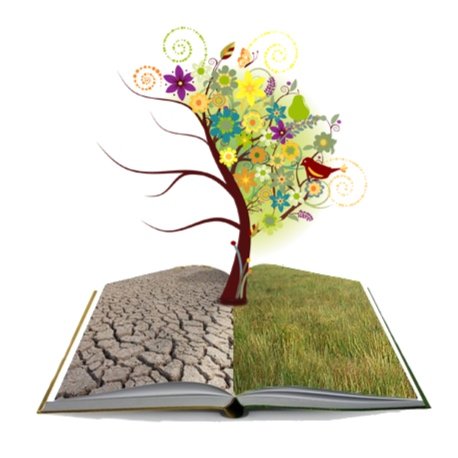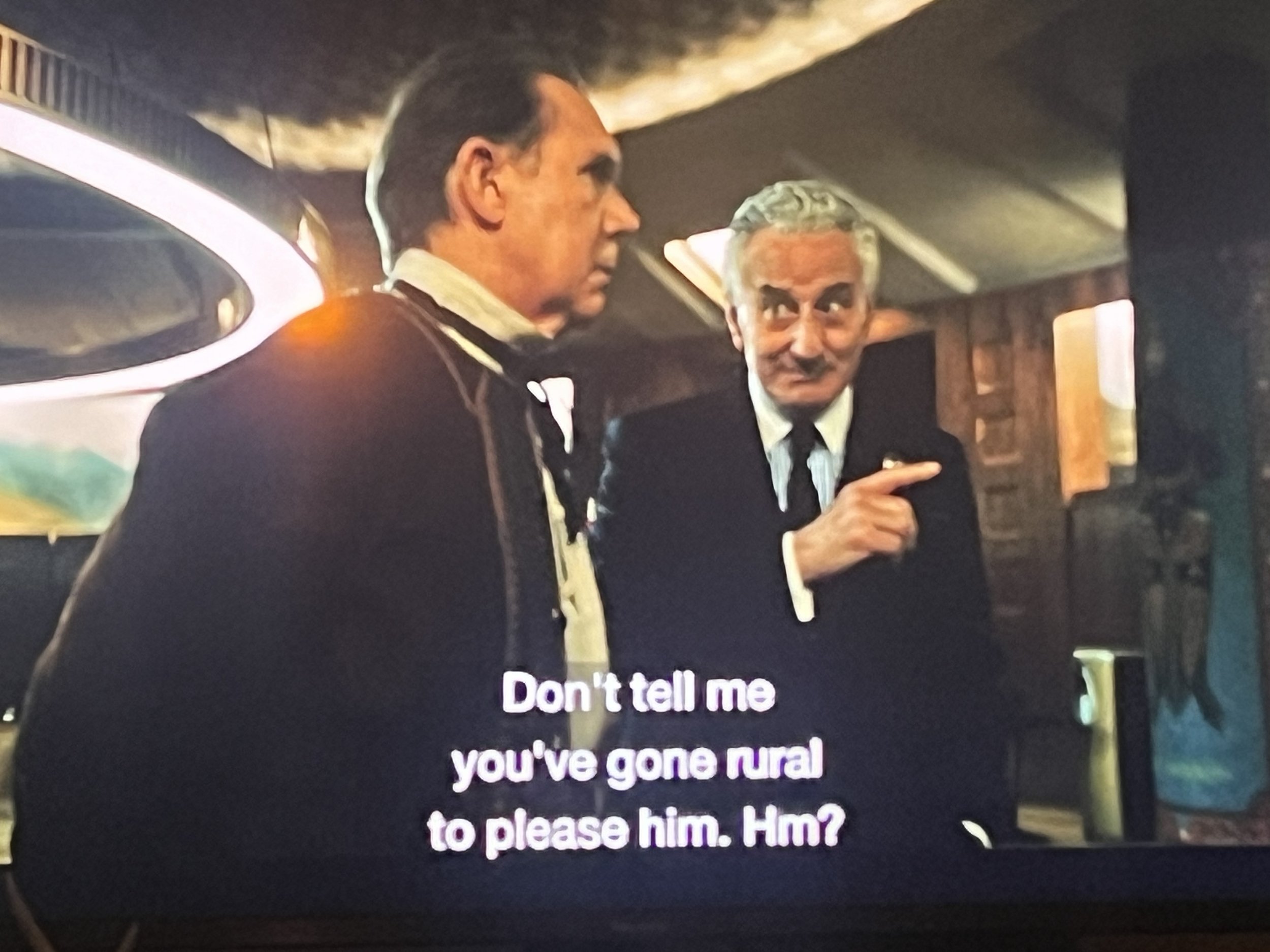Flourishing Pastoralists:
The Origin Story of LifeEnergy.Guide
by Andrea Malmberg
Monitoring financial and ecological well-being has been well-established in the practice of Holistic Management. Yet, we have lacked any means to monitor our personal and social well-being. I saw a need to change that and sought a way to define cross-culturally relevant, context-specific ways that those whom we depend upon — those at the soil surface —could thrive, not just survive. From this place of prospection, LifeEnergy.Guide was conceived. Please accompany me in telling the origin story of a way for people to enhance their well-being - one decision at a time.
In the early aughts, circumstances offered me the space where I could potentially thrive. I found my life partner, Tony, who is truly my favorite person. As a newlywed with a largely untapped resource base of a sprawling ranch in the sagebrush steppe of Wyoming, I discovered deliverance from a professional life working for the government. Landlords no longer restrained me from the simple quality-of-life choices of having dogs and cats as companions. I relished being engulfed by open space and wildness outside my door. Practicing my cattle sorting skills on foot, which I honed in my youth, provided pure joy. I co-founded and developed an exclusively grass-fed beef business, raised dairy goats, and made cheese. I created other outlets for entrepreneurial diversity through 'Country Cuisine Gatherings’ and ‘Limber Pine Yoga.’
However, struggles with my mental health mounted with entrepreneurial obligations, newly extended family and business partners, challenges with infertility, and ongoing work as a professional consensus-building facilitator. So, I sought help from a therapist in our small town of Lander, Wyoming, to navigate this new stage of life.
What I didn't expect was that, according to her, I was not experiencing a life-change phenomenon. She diagnosed me as neurodivergent, explaining that my proclivities to adversely reacting to noise, smells, light, hugging, small talk, and mediocrity—generally referred to by others as snobbiness for my whole life were not typical.
This diagnosis pissed me off; who is this small-town quack telling me I'm not normal, that I have an illness and a mental problem? Still, I knew my reactive behavior created conflict with others, was taking a toll on my well-being, and I needed to make changes. I was offered drugs and therapy so I could mask as more neurotypical. Instead of taking that route, I sought knowledge and found out that the neurodiversity paradigm challenges the deficit-based medical model of treating symptoms.
Loving a Merino wool shirt on a really hot day at the first Hub gathering in Montana. These are some of the people who created LifeEnergy.Guide
As I was grappling with my own issues while working with the Savory Institute, I observed that many pastoralists might also be diagnosed as neurodivergent as well. Most won't go to their village therapist, (even if they have one), to find out, talk it out, and get medicated. Many will likely continue to self-medicate and blame, finding solace in being a victim. And then there are a growing number of people who continue struggling, as I, to relate “typically” well with others. I came to realize that our community can benefit from neuro divergency, just as we need biodiversity.
Yet the deficit-based paradigm of psychology and agriculture doesn’t allow for this reframing. Why is it that the leading cause of death for farmers, besides work-related accidents, is suicide? Most of the research says it is economic, and we all know the challenges we face when our livelihoods are tied to so many things outside of our control. But given that suicide is also high among neurodivergent people, could there be a correlation? The fact is that we don't know. Modern psychology largely does not include farmers, ranchers, fishers, gardeners, or pastoralists as professions. What we do know is that human creativity is powerful, and we need healthy people to create healthy soil.
As Allan Savory said in his TED talk, the most massive tsunami, a perfect storm, is bearing down upon us because of desertification. Healthy grasslands are critically important to humanity’s survival. The state of these environments is dependent upon the well-being of the pastoralists that steward these lands. While Holistic Management provides us with a decision-making framework and planning processes to influence complexity we have lacked a way to monitor the quality of life we desire and movement toward our future resource base.
From this place of prospection, LifeEnergy.Guide was conceived. Positive Psychology, what is now being referred to as Prospective Psychology, is in line with Holistic Management. I invite you to drink in this quote:
Thinking Toward the Future
What if vision is not registration of the present, but a hallucination of the future?
What if memory is not a file drawer of photographs, but a hope chest of possibilities?
What if emotion is not agitation from the now, but guidance for the future?
What if knowing a person is not about the last crossroad they faced, but what they will do at the next one?
What if the mind is not a storehouse of knowledge, but an engine of prediction?
What if we are not Homo sapiens, but Homo Prospectus?"
- Martin E. P. Seligman
Planning and monitoring one’s holistic financial or grazing plan is not going to solve all of the problems, nor is monitoring well-being through LifeEnergy.Guide. However, masking behavior has a considerable cost for neurodiverse people. Neuro-inclusive workplaces, whether a family ranch or organization, can minimize or eliminate the need for masking, thus supporting neurodivergent people and realizing all the benefits that diversity has to offer. Embracing neurodiversity by becoming neuro-inclusive also helps to build creative collaborations that draw on a diverse range of human strengths. That is exactly what I want in my pastures as well.
LifeEnergy.Guide provides a means of monitoring desired quality of life and our future resource base (what I like to call future relationship base). Like any means of monitoring, the information will direct us to change. That change will shift our focus on what we want, not our identity.
We invite you to watch the short videos of the components of LifeEnergy.Guide here:
Learn: Learn about the 7 domains of well-being and enhance well-being through the science of positive psychology.
Inquire: Take the quick, elegantly designed, and scientifically based inquiries as often as you like.
Flourish: Create action plans to enhance your well-being in culturally relevant ways, reflect your values, and aid decision-making.
Engage: Gauge the effectiveness of decisions, activities, and programs to develop well-being, individually or within a group, with an illustrative comprehensive report.
You can subscribe to the LifeEnergy.Guide platform here, and in doing so, you will receive a complimentary one-on-one session to help you get the most out of your investment.
Andrea Malmberg is most at peace when she is caring for livestock that help repair land with Tony in Union, Oregon, USA.





